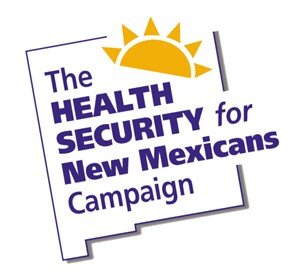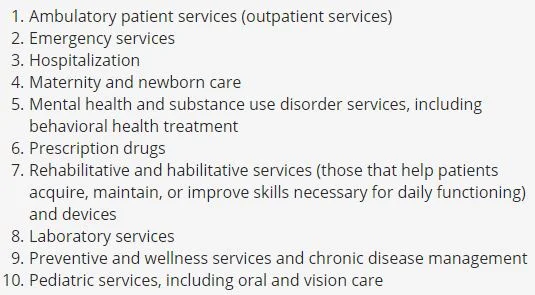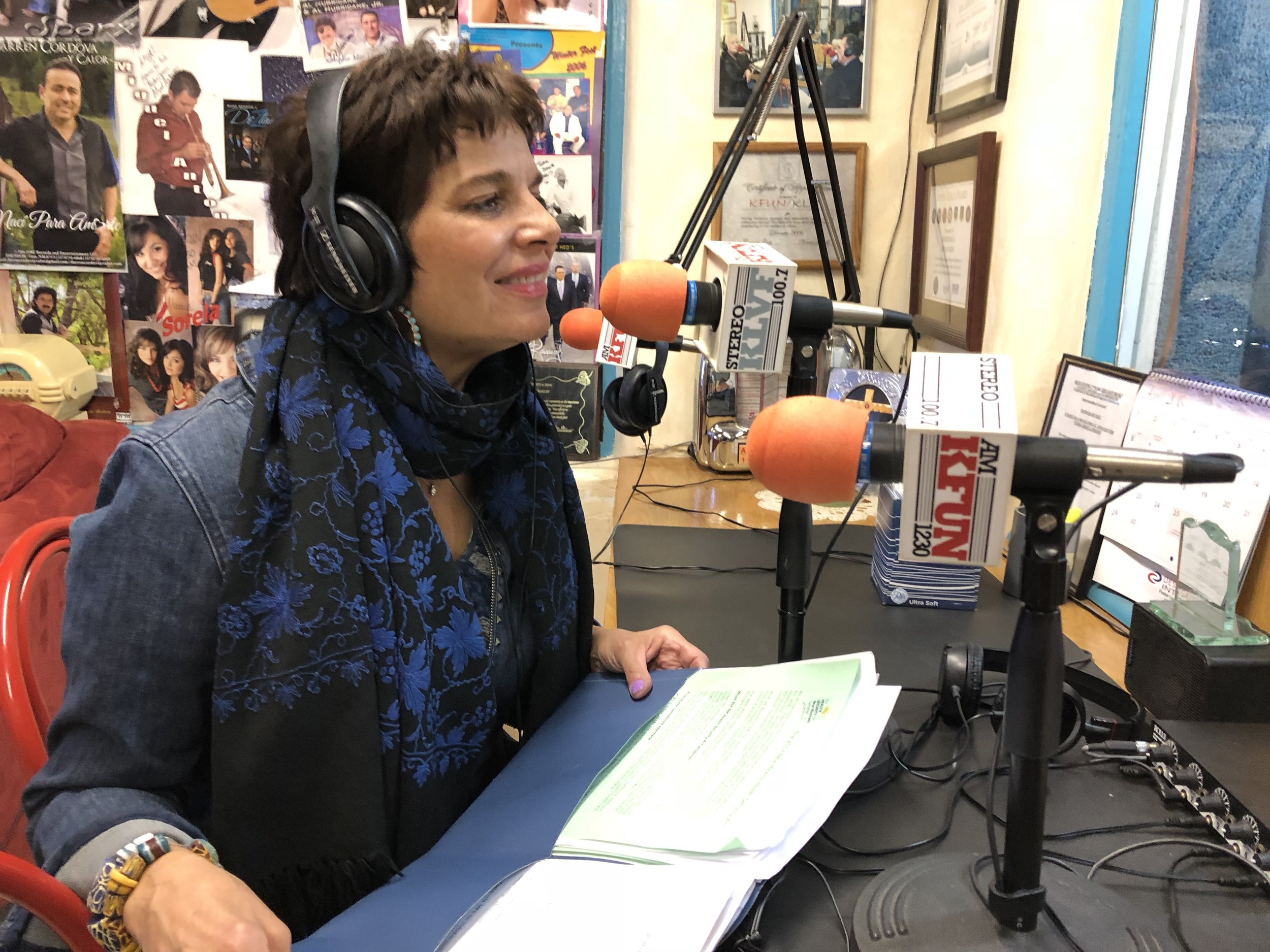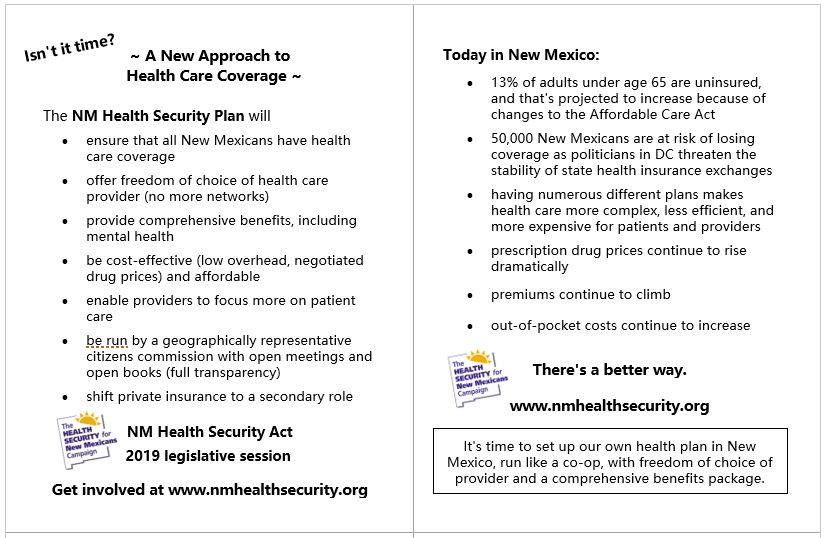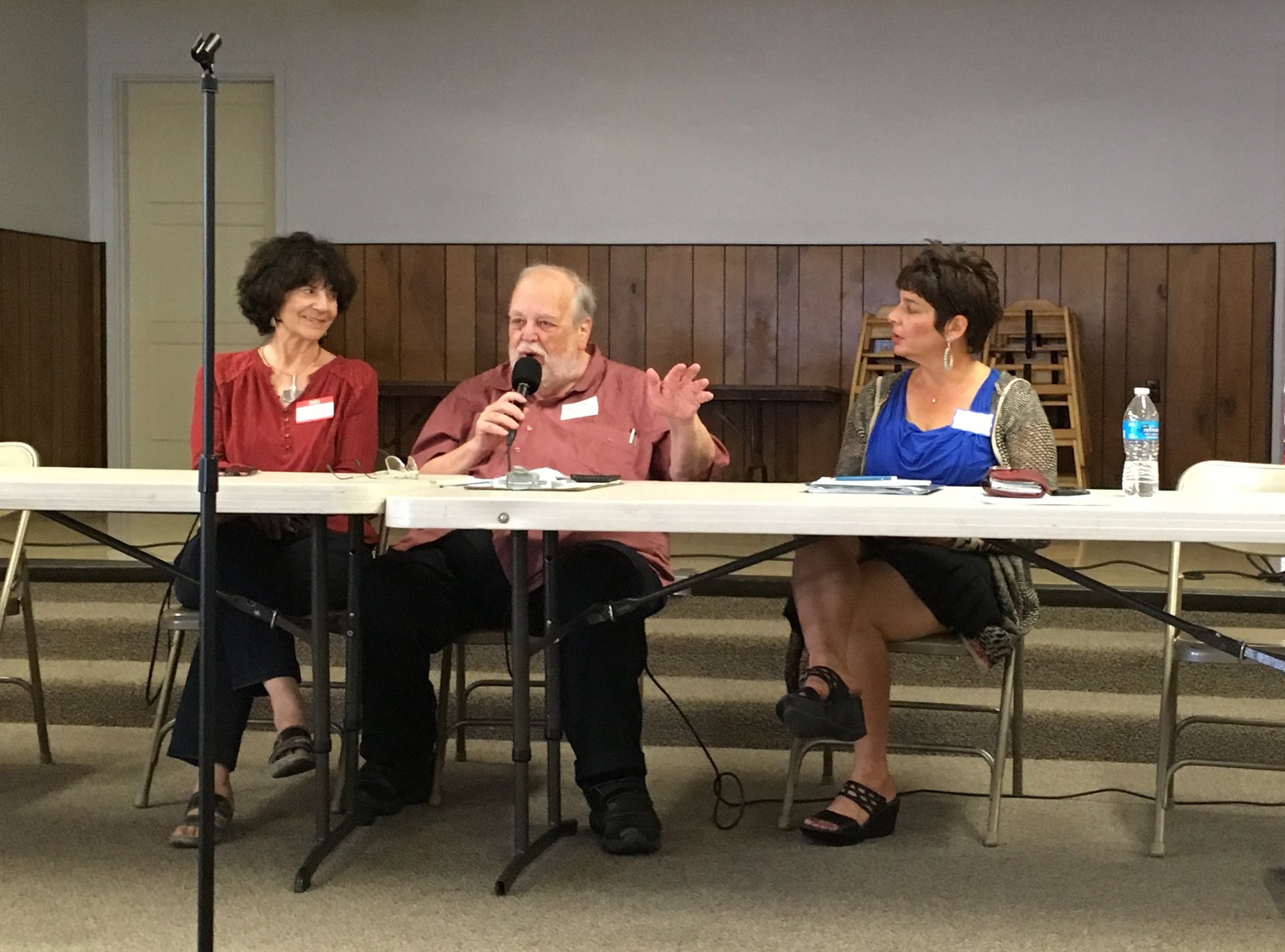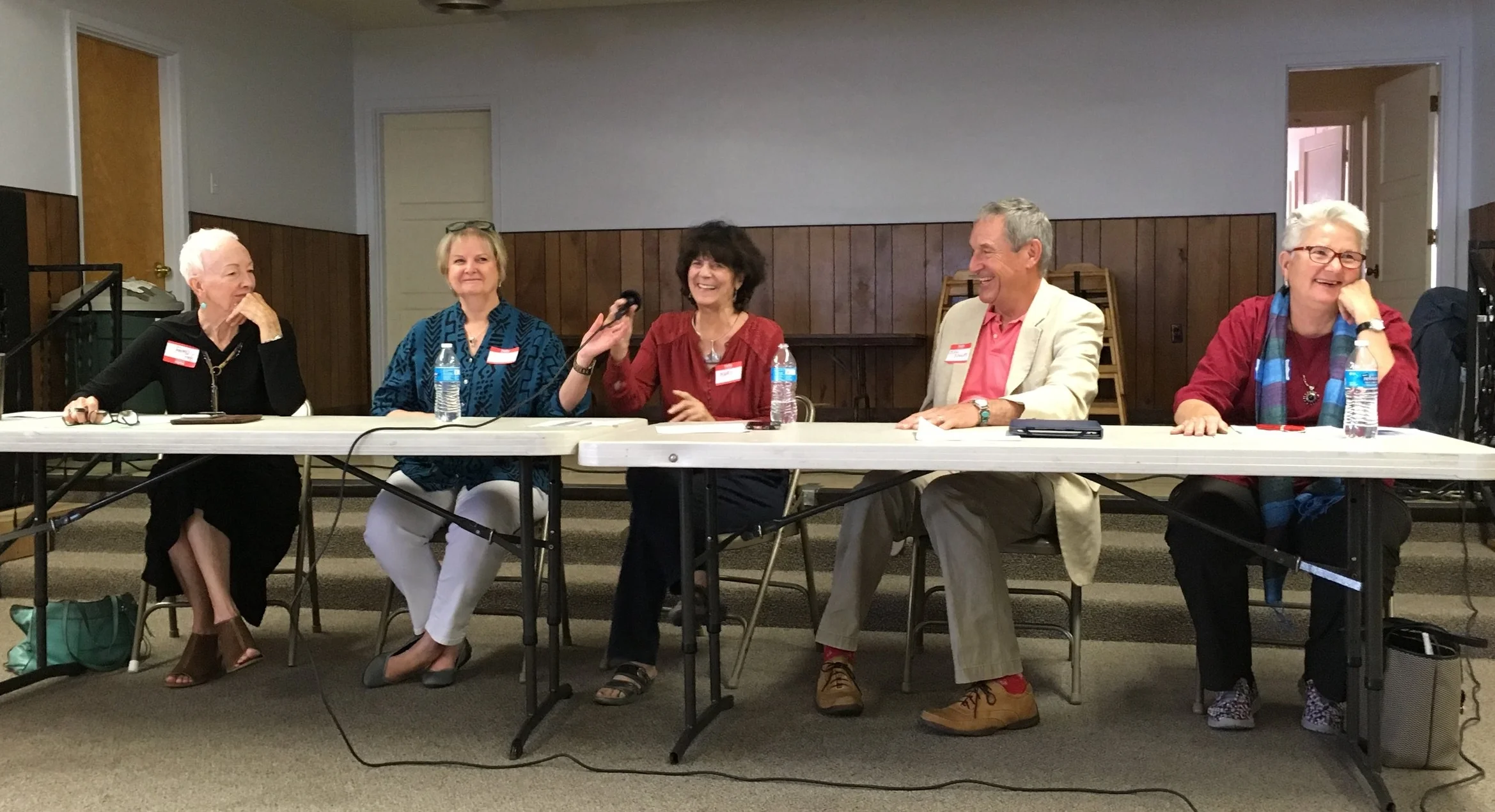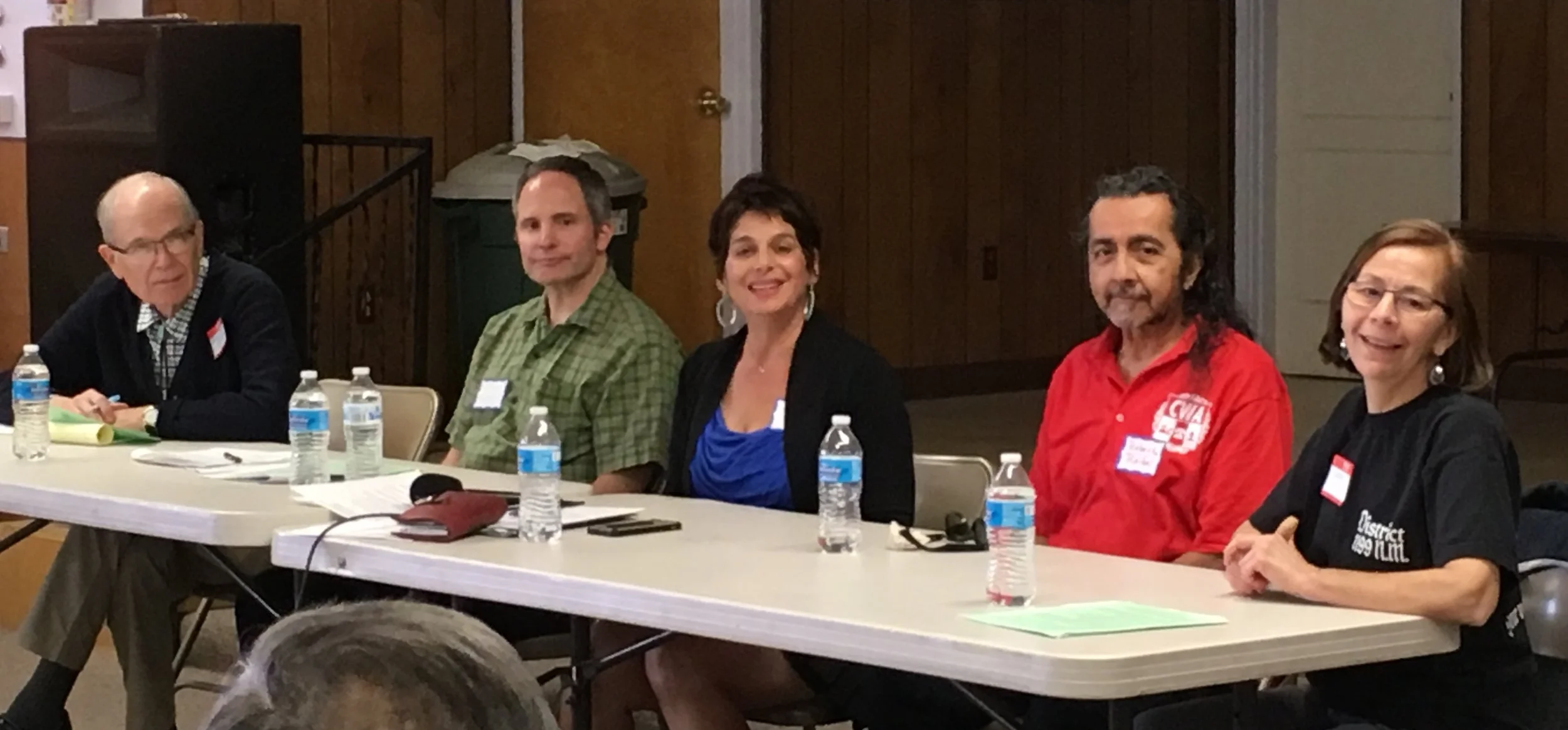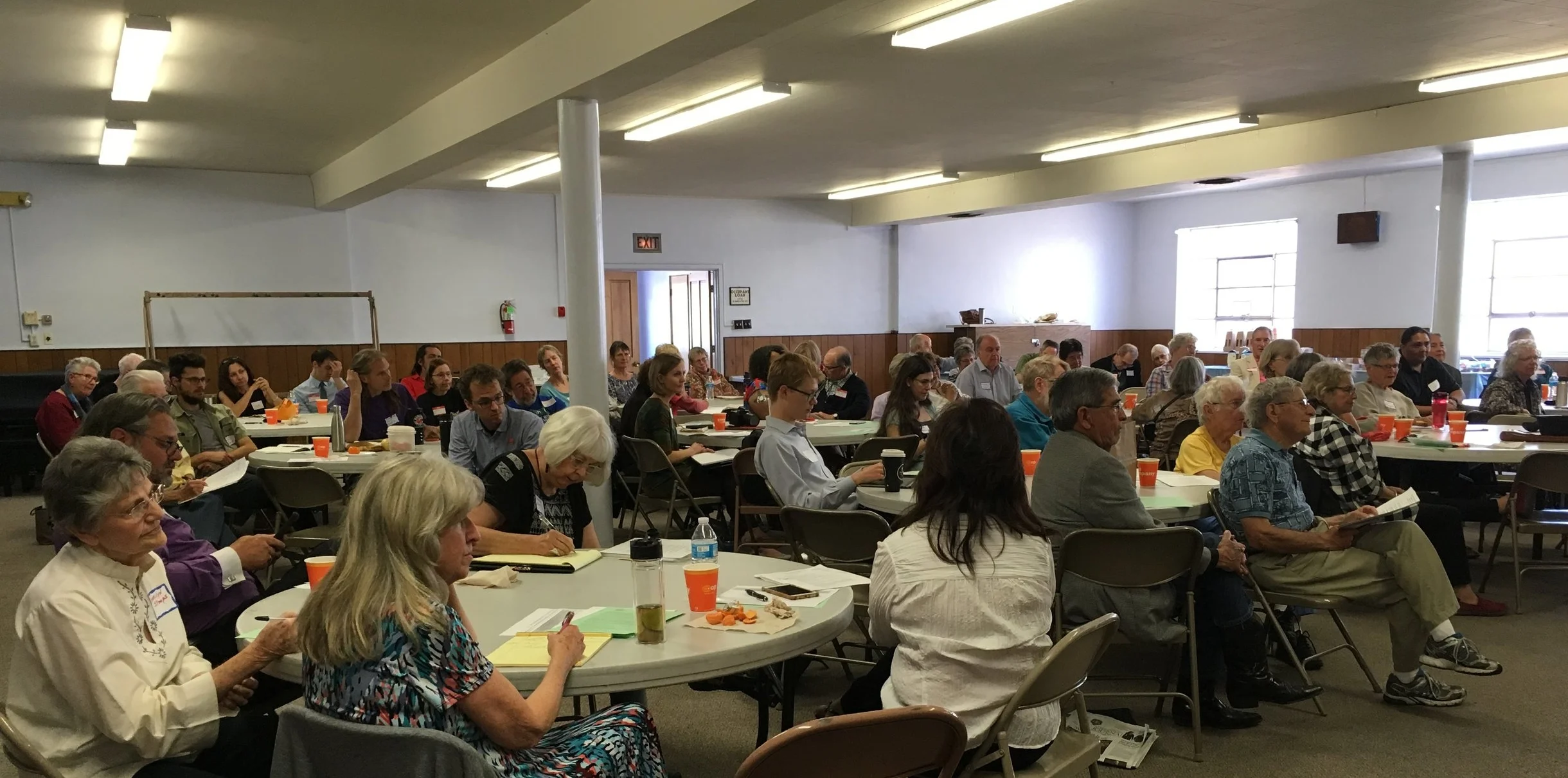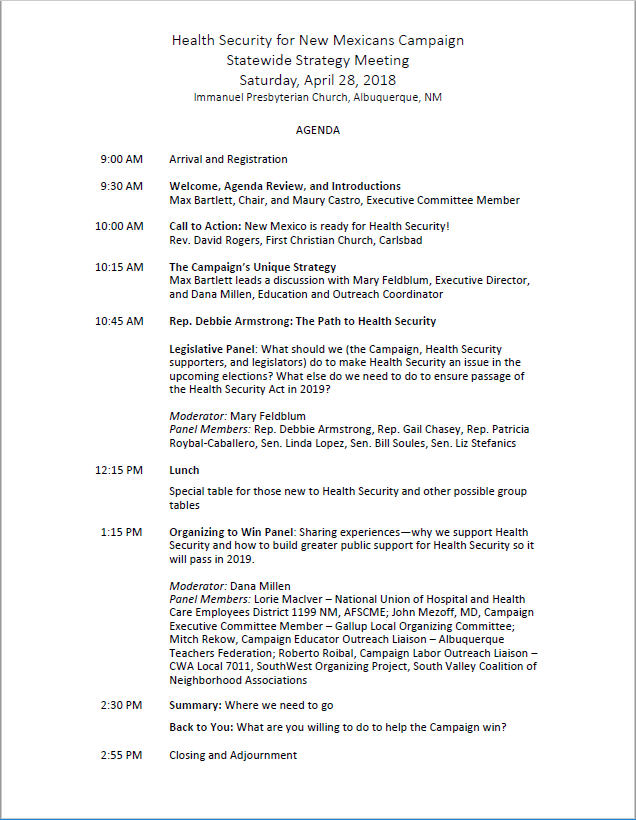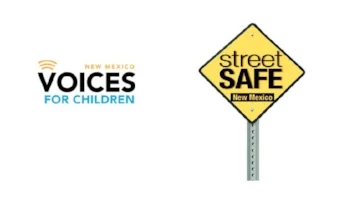Four Moves by the Trump Administration to Weaken Obamacare
The Trump administration continues to chip away at the health care law commonly known as Obamacare.
The full name of the law is the Patient Protection and Affordable Care Act (ACA), and both patient protections and affordability are under attack.
1. Do You Have a Preexisting Condition?
Despite candidate Donald Trump's promises, President Donald Trump is going after protections for people with preexisting conditions.
In February, 20 Republican state attorneys general sued the federal government, saying that the removal of the ACA's individual mandate (see section 3 below)—a change that was tucked away in last year's tax overhaul—has made the whole Affordable Care Act unconstitutional.
The Justice Department has now refused to defend the ACA against this suit, arguing that "the parts of the law guaranteeing coverage to people with health conditions and charging them the same rates should be struck down" along with the individual mandate. (Kaiser Health News, June 8, 2018)
Result: If health insurers are once again allowed to deny coverage to people with preexisting conditions or charge them outlandish rates, those of us who have preexisting conditions will once again be uninsurable on the individual market. (With the Justice Department aligning itself with the ACA's Republican challengers, Democratic state attorneys general will be defending the ACA in court.)
2. Coverage That Doesn't Cover Much
To ensure that health insurance actually provides comprehensive coverage, the ACA established 10 essential health benefits, all of which must be provided to patients without annual caps on the dollars spent.
© Families USA
On June 19, the US Department of Labor issued a rule that will allow policies to be sold that do not have to include these 10 vital benefits and that can once again cap benefits for coverage in these essential areas. These small-group policies will be available to associations covering small businesses or groups of people in the same profession or geographic area.
Result: While these policies will likely be less expensive, they will not provide comprehensive coverage, potentially leaving people without coverage (or with very limited coverage) for such basics as pregnancy, mental health issues, and prescriptions.
And because healthy people who are currently purchasing health insurance on the state insurance exchanges may head instead for these cheaper but substandard options, the costs for those left in the exchange (who may be less healthy) will likely rise.
3. Removing the Individual Mandate
These developments come on top of earlier moves to remove portions of the ACA that were designed to keep health insurance affordable. To make sure that everyone had coverage, and to keep costs down (the bigger the pool, the lower the premiums and out-of-pocket costs), the ACA included what's known as the individual mandate—a requirement that most Americans either purchase health insurance or pay a fine. (The insurance industry was in full support of this mandate provision.)
Shortly after his inauguration, President Trump issued an executive order that in effect stopped enforcement of the individual mandate, and the Republican tax code overhaul last fall removed it as of January 2019.
Result: The individual mandate made exchange policies more affordable by bringing more, and healthier, people into the exchanges. With fewer and less healthy people in the exchanges, insurers will continue to raise premiums.
And, of course, those who now opt not to carry health insurance have no coverage if an emergency or a health condition should arise. (Which will in turn increase the financial burden on hospitals as the number of unpaid patient bills rises. In health care, everything is connected.)
So, now we are faced with returning to many of the health challenges we faced before passage of the ACA. And there is more . . .
4. Increasing Patients' Share of Medical Costs
President Trump also ended the ACA's cost-sharing reduction payments to insurers, which were federal dollars going to insurance companies (and passed along to hospitals and doctors) to help low-income consumers afford their deductibles and other out-of-pocket costs.
Result: Hospital costs, which are already rising, are expected to increase even further to compensate for the growing inability of low-income patients to cover their deductibles and copays.
Health Security: Marching On & Gaining Ground
At the Health Security for New Mexicans Campaign, we continue our important work to gain support for a different approach to health care coverage. We recently welcomed two new member organizations: Retake Our Democracy and the Santa Fe chapter of Democratic Socialists of America.
Our support is growing—thank you!—but we need your help to ensure that Health Security remains an issue in the 2018 elections. So, please:
Let candidates know how you feel.
Get educated about the Health Security Plan. Let us know if you want to take a workshop.
Spread the word to your friends, neighbors, and coworkers!
In line with that last point, check out our new quarter-page handout—and print out a few to keep with you, in case you meet someone who wants to learn more. Our talking points are also helpful for explaining Health Security to others.
